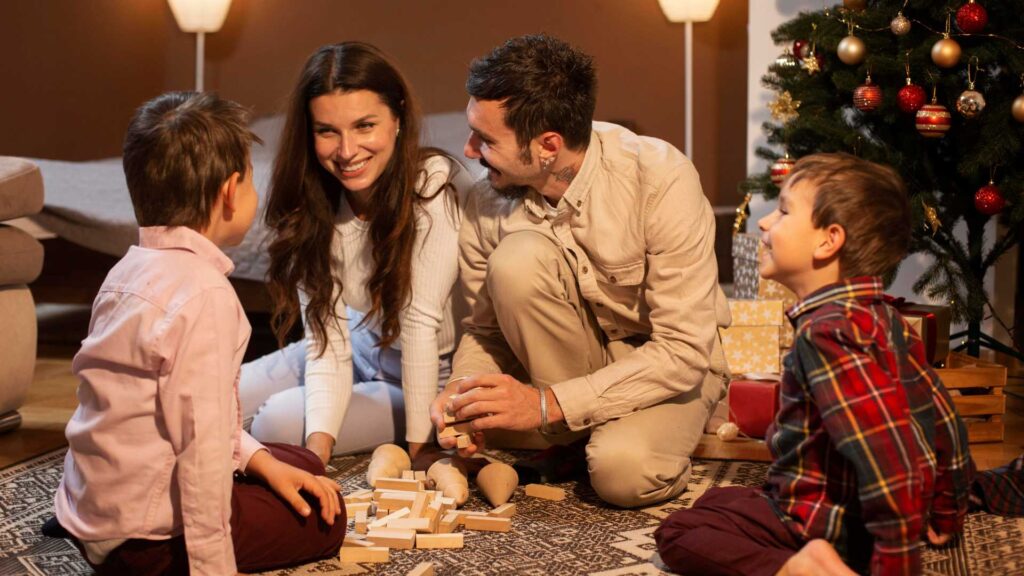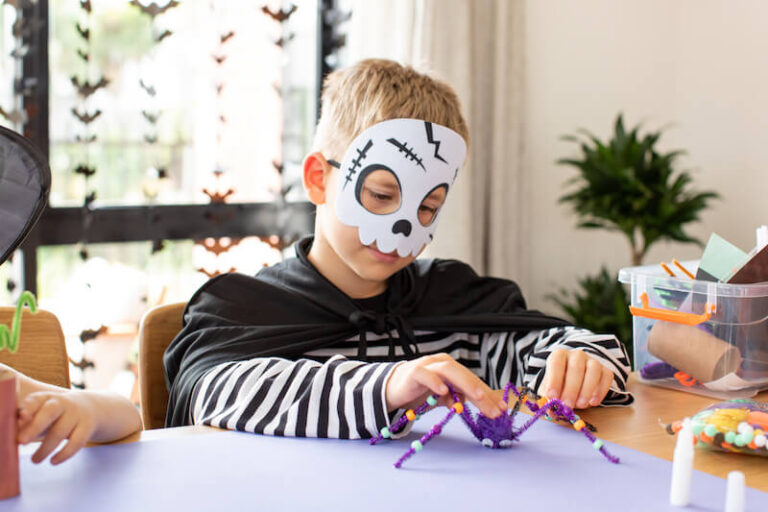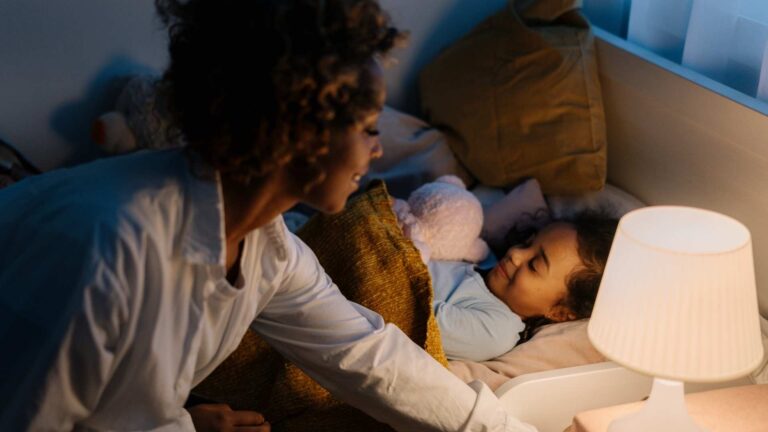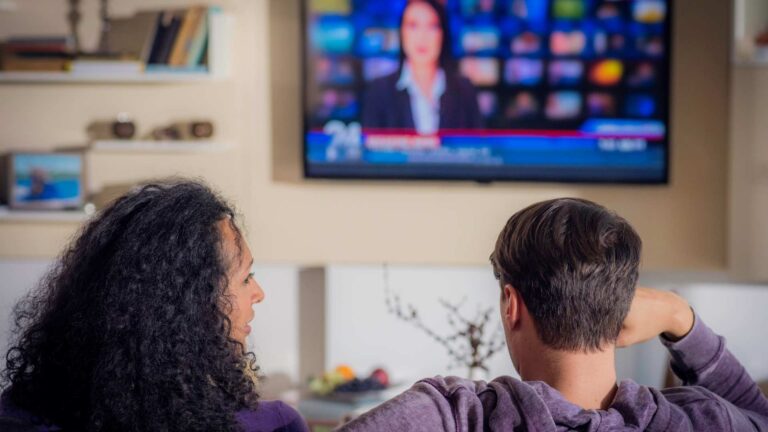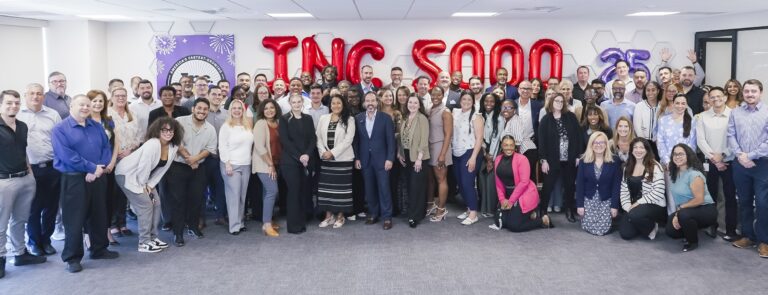How Can We Ensure Autism-Friendly Holidays for All?
When we think of Christmas or New Year’s Eve, we naturally think of family gatherings, delightful dinners, unique traditions, enjoyable moments, and the excitement of presents. However, for individuals navigating the complexities of Autism Spectrum Disorder (ASD), the holiday season unfolds as more of a struggle than a festivity. For parents, crafting autism-friendly holidays presents a distinctive challenge.
Yet, through meticulous preparation, the transformative impact can be positive for everyone involved. Facing this process enhances the holiday experience for individuals on the spectrum and fosters an inclusive atmosphere where all individuals can partake in the joy of the season. So, how can we ensure autism-friendly holidays for all? By embracing thoughtful adjustments and considering the unique needs of those with autism, we pave the way for a holiday season that accommodates and celebrates the diversity of every individual.
In this article by ABA Centers of Washington, we’ll explore strategies to create autism-friendly holidays, discuss the significance of the festivities for those with autism, delve into ten helpful strategies to thrive these years and upcoming celebrations and discuss the role of ABA therapy in the neurodiverse world.
Understanding Autism During Holidays
For individuals with autism, the festive season may bring about sensory sensitivities, challenging behavior, social anxieties, and disruptions to routine – factors that can lead to stress and discomfort. Creating autism-friendly holidays involves acknowledging and addressing these concerns, ensuring a more inclusive and enjoyable experience for everyone.
According to the National Library of Medicine, individuals with autism often experience atypical behavioral responses to sensory information, with over 96% of children reporting hyper- and hypo-sensitivities in multiple sensory domains. These sensory challenges vary widely in severity, persisting into adulthood, and contribute to difficulties in communication, social interaction, and behavioral flexibility.
Strategies for Autism-Friendly Holidays:
1. Plan the Holiday
Planning the holiday with a neurodiverse child involves thoughtful consideration of their unique needs and sensitivities. Begin by establishing a predictable schedule or using visual aids, if necessary, to help the child anticipate and understand the upcoming events during the holiday season.
2. Keep the Routine
First and foremost, incorporate visual cues or schedules that outline the festive activities. This strategy helps provide a clear understanding of the upcoming events and changes in routine. Introduce any alterations gradually, giving individuals time to adjust and reducing the likelihood of stress.
Consistency is vital, especially regarding meal and sleep schedules. Strive to maintain regularity in these aspects to offer a sense of stability. If you plan a new holiday or tradition, consider creating a social story or visual guide to accustom your child to this change.
3. Inform the Needs of Your Child
Ensuring effective communication is paramount when meeting your child’s needs. It is essential to create an open dialogue with them and pay attention to any verbal or non-verbal cues they may provide regarding their comfort level or preferences. These cues could be gestures, facial expressions, or body language.
In addition to understanding and meeting the needs of your child with autism, fostering open communication with friends and family becomes an essential component of creating autism-friendly holidays. Share insights about your child’s preferences, sensitivities, and communication style with those close to you. Educate them about potential triggers and strategies that work well in managing your child’s behavior.
4. Let Your Child Decide
Empowering your neurodiverse child to make decisions during the different celebrations can create a more positive and inclusive experience. Begin by observing their interests and preferences, recognizing that these may evolve. Offering choices within the context of activities, decorations, or even the schedule allows your child to express their preferences and gain control.
5. Prepare a Sensory-Friendly Space
Designing a sensory-friendly space for holidays involves thoughtful consideration of your child’s sensory needs and creating an environment that minimizes potential triggers.
Choose soft and comfortable furnishings, incorporating cushions, blankets, or sensory-friendly seating options to provide a cozy and secure feeling. Opt for subdued lighting or introduce adjustable lighting options, allowing you to control the brightness based on your child’s comfort level. Personalize the sensory-friendly space by incorporating familiar items or objects that comfort your child. Include their favorite toys, books, or sensory tools.
6. Keep in Mind the Sensory Sensitivities
Recognizing that individuals with autism may experience heightened sensitivities to lights, sounds, textures, and smells, consider the following strategies to create a sensory-aware environment:
- Observe your child’s reactions to sensory stimuli. Note what soothes or distresses them.
- Select soft and adjustable lighting to minimize the impact of bright or flickering lights.
- Minimize sudden or loud noises by utilizing noise-canceling headphones or ear defenders.
7. Be Aware of Food Preferences
Many parents grapple with the challenge of picky eating in their children with autism, and Christmas is no exception. Therefore, it is crucial to be attentive to your child’s preferences. Start by comprehending and respecting their likes and dislikes concerning tastes, textures, and smells.
If attending holiday gatherings outside the home, communicate with hosts about your child’s food preferences and any potential dietary restrictions. Bringing familiar snacks or dishes can ensure your child has options they feel comfortable with.
8. Be Aware of Changes
Recognize that individuals with autism often thrive on routine and predictability, making sudden changes potentially distressing. Establish clear communication channels to inform your child about any upcoming alterations to plans, decorations, or activities.
Be attuned to non-verbal cues and subtle expressions that may indicate discomfort or confusion in response to changes. Also, consider your child’s sensory responses to environmental modifications, as sensory sensitivities can significantly affect their reactions.
9. Careful with BurnOut
During the holiday season with a neurodiverse individual, it’s crucial to approach the well-being of parents or caregivers with deep empathy and understanding. The weight of responsibilities and the unique challenges of the festivities can easily lead to burnout. As a caregiver, remember that your well-being is as important as that of your loved one.
Remember to prioritize self-care, recognize your limits, and set expectations that align with what feels manageable. Allow room for vulnerability, and don’t hesitate to share your feelings and concerns with those around you. Genuine support often comes from open communication and a willingness to lean on others when needed.
10. Look for Autism-Friendly Activities in Washington
If you want to make this holiday season extra special, consider exploring the array of autism-friendly activities available in Washington. We warmly recommend the following options:
- Special Celebrations Sensitive Santa on December 9 in Vancouver
- A Christmas Carol – Sensory Friendly Performance on December 10 in Seattle
- Sensory Days at The Museum of Flight on December 20 in Seattle
The Role of ABA Therapy in Enhancing Social Skills
ABA therapy plays a crucial role in supporting individuals with autism in developing social skills, which can be particularly beneficial during the holiday season. Some key aspects include:
1. ABA therapy targets social skills, such as communication, turn-taking, and perspective-taking.
2. Through structured practice sessions, ABA therapists can help individuals learn and apply social skills in real-life situations.
3. ABA therapists work on reducing challenging behaviors that may interfere with social interactions, making social engagements more enjoyable for neurodiverse individuals.
4. Tailoring interventions to enhance social skills ensures a personalized approach to fostering connections during celebrations.
ABA Centers of Washington and Autism-Friendly Holidays
As we embark on this holiday season, let us remember that minor adjustments and thoughtful considerations can profoundly impact, transforming struggles into positive experiences.
If you’re looking for support to improve your child’s life, ABA Centers of Washington is here to help. Our dedicated team is committed to providing resources, guidance, and assistance to ensure that this holiday season is not only festive but also inclusive for everyone. Call us at (877) 554-0710 or provide your information so we can contact you.

